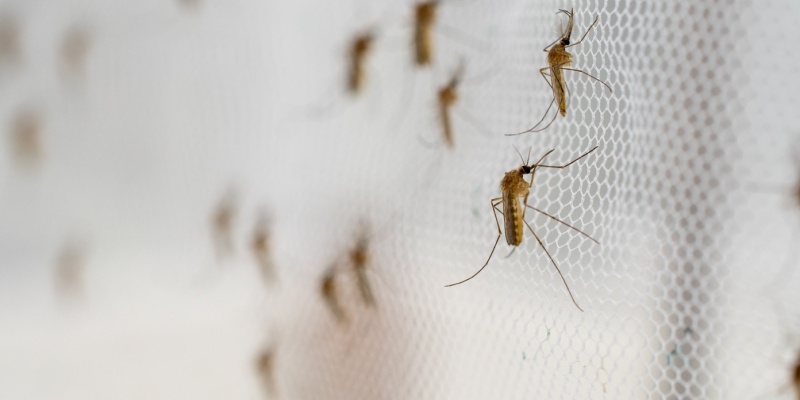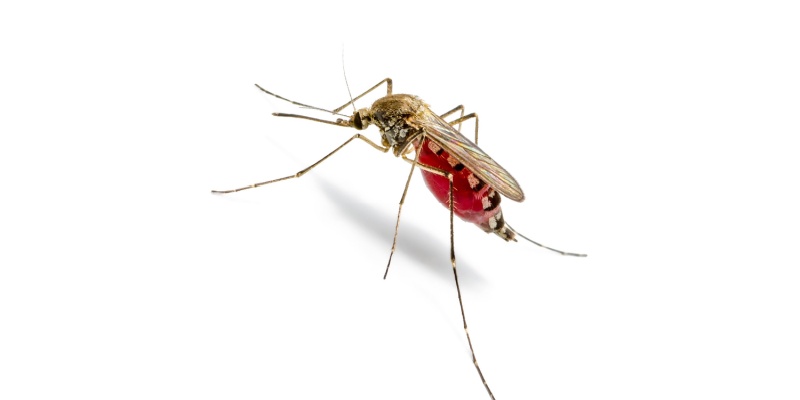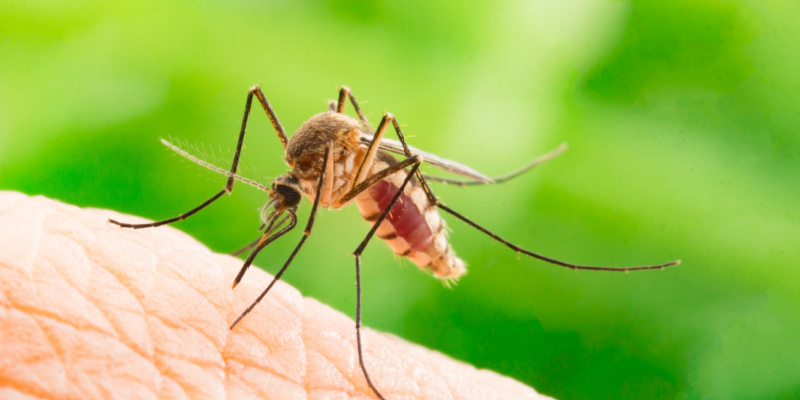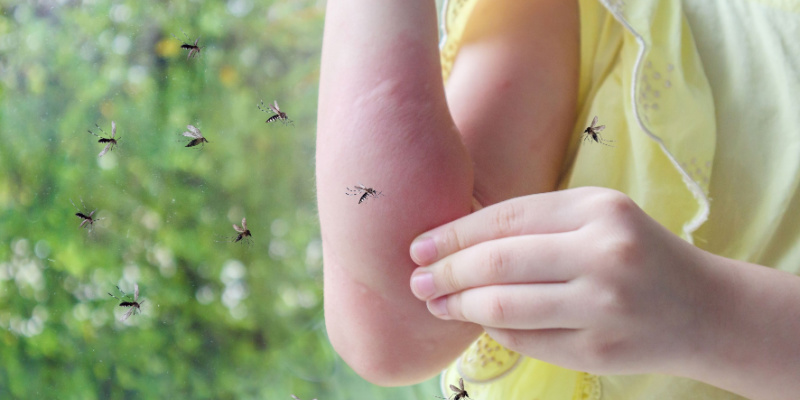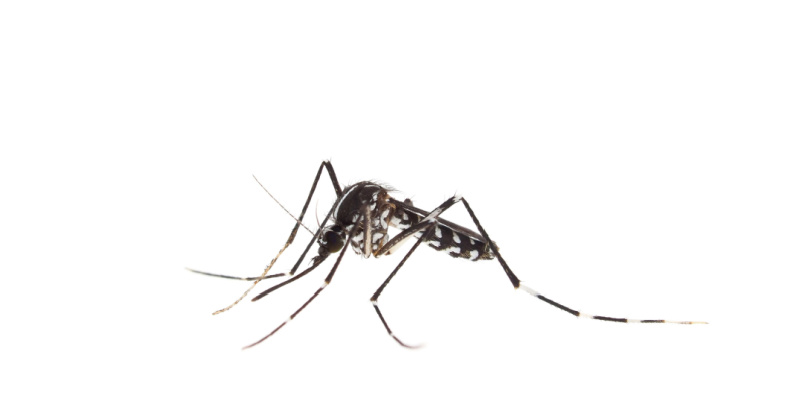Mosquitoes invading your Pismo Beach home can be due to a variety of factors that create perfect conditions for these pests to thrive. Understanding these reasons can help you target and eliminate the problem effectively. Here’s why mosquitoes might be finding your home particularly inviting:
Standing Water
The most common cause of mosquito infestations is standing water, which serves as an ideal breeding ground for mosquitoes. Even small amounts of water collected in buckets, plant saucers, bird baths, or clogged gutters can support mosquito larvae. Additionally, if you live near a pond, marsh, or have a poorly drained yard, these areas can significantly contribute to mosquito populations.
Lush Landscaping
Mosquitoes are drawn to sheltered areas with high humidity. Lush landscaping, dense gardens, and thick shrubs provide the perfect environment for mosquitoes to hide during the day. Overwatered lawns and flowerbeds can also retain enough moisture to attract these pests.
Climate and Weather Conditions
Pismo Beach’s mild climate can often provide mosquitoes with year-round breeding opportunities, particularly if the winter is warm and there are sufficient rainfalls to create standing water. Additionally, evening fogs common in coastal areas can maintain higher humidity levels, which are ideal for mosquitoes.
Lack of Predators
In a balanced ecosystem, natural predators help control mosquito populations. Birds, bats, and dragonflies are common mosquito predators. A lack of these animals in your area could lead to an increase in mosquito activity.
Ineffective Barrier Protection
If your home has screens that are torn or windows and doors that aren’t sealed properly, mosquitoes have easy entry points. Ensuring that your home is properly sealed with well-maintained screens can significantly reduce indoor mosquito problems.
Accumulation of Organic Debris
Piles of leaves, lawn clippings, and other organic debris can trap moisture and offer a hospitable environment for mosquitoes. Regular yard maintenance to remove these potential shelters can help reduce the population.
Strategies to Prevent Mosquito Infestations
To combat these factors and reduce or eliminate mosquitoes in your Pismo Beach home, consider implementing the following strategies:
- Eliminate Standing Water:
Regularly inspect your property for any accumulation of water and remove it. Ensure that gutters are clean and the yard is well-drained.
- Maintain Your Yard:
Trim back vegetation to reduce shade and humidity near your home. Keep your grass cut short and areas under and around bushes clear.
- Use Mosquito Repellents:
When spending time outdoors, use EPA-approved mosquito repellents that contain DEET, picaridin, or the oil of lemon eucalyptus.
- Improve Natural Ventilation:
Use fans in outdoor areas to increase air movement; mosquitoes are poor fliers in windy conditions.
- Introduce Natural Predators:
Consider adding a bat house to your property to encourage bats, which are excellent mosquito predators. Also, maintaining a garden that attracts birds can help.
- Professional Pest Control:
If the problem is severe, professional pest control services can offer more comprehensive solutions, like regular barrier sprays for your yard.
By addressing these contributing factors, you can significantly reduce the presence of mosquitoes in your home and enjoy your outdoor spaces more comfortably. The pros at The Pest Posse Too can help you protect your home from the mosquitoes that are trying to invade – reach out today!
